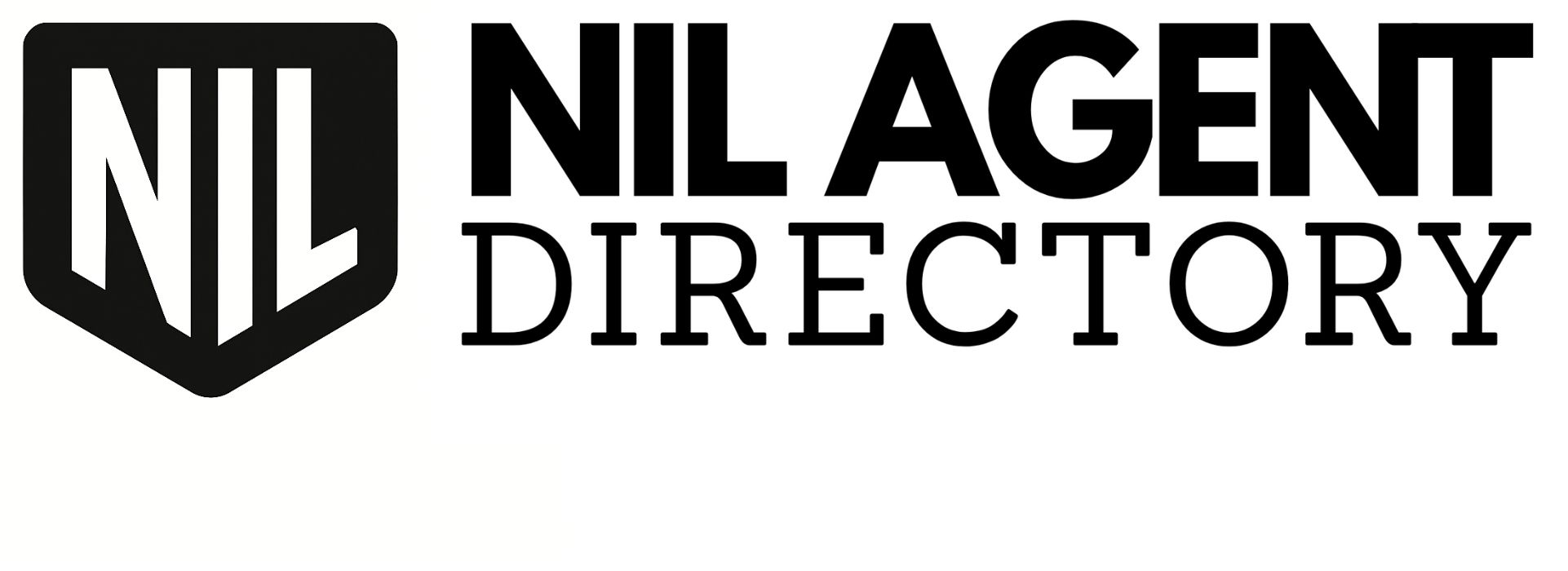Red Flags: How to Spot a Bad NIL Agent Before It’s Too Late
From NILAgentDirectory.com – Protecting Student-Athletes Since Day One
The NIL (Name, Image, and Likeness) era has unlocked life-changing opportunities for student-athletes—but it’s also attracted a wave of inexperienced, unqualified, and in some cases, unethical agents looking to cash in. Choosing the wrong NIL agent can hurt your reputation, cost you money, and in worst-case scenarios, even jeopardize your NCAA eligibility.
At NILAgentDirectory.com, we believe that knowledge is protection. Here are the top red flags to watch for—along with real-life examples—so you can avoid getting scammed, misrepresented, or taken advantage of.
1. They Pressure You to Sign Immediately
Red Flag: An agent who says, “You need to sign today or the deal’s gone” is trying to rush you past due diligence.
Why It’s Dangerous: High-pressure tactics often mask bad contract terms or hidden fees. Good agents give you time to review documents and consult with family, coaches, or legal counsel.
Real Example: A freshman athlete at a D1 school was told he’d miss a $10K endorsement if he didn’t sign within 24 hours. He signed—and later found out the deal locked him into giving the agent 20% of all NIL earnings for three years.
2. No Track Record or Proof of Success
Red Flag: They claim to be an “NIL expert,” but can’t show you actual deals, past client names, or measurable outcomes.
Why It’s Dangerous: Anyone can create a flashy Instagram page. Without proof of performance, you’re gambling with your time, brand, and trust.
Real Example: A female volleyball player partnered with a “marketing firm” that had no prior NIL experience. They pitched her to irrelevant brands and promised media exposure—none of which materialized.
3. Vague or Confusing Contracts
Red Flag: The contract is filled with unclear language, long exclusivity clauses, or doesn’t clearly outline commission structure.
Why It’s Dangerous: Ambiguity can be used against you. Contracts should be easy to understand, specific about roles, and transparent about costs.
Real Example: A mid-major football player unknowingly signed an agent agreement that gave the agent power of attorney over his NIL-related finances. He didn’t realize it until the agent redirected payments to a personal account.
4. They Ask for Upfront Payments or Hidden Fees
Red Flag: They want you to pay them before they’ve brought you a single deal—or charge “admin” or “monthly retainer” fees with no explanation.
Why It’s Dangerous: Most reputable NIL agents work on commission. If they want upfront cash, make sure you understand exactly what you’re paying for.
Real Example: A basketball player paid a $500 “onboarding fee” for promised access to brands. The agent ghosted him and never returned the money.
5. They Promise Guaranteed Deals
Red Flag: They say things like, “I can guarantee you five-figure deals within a month,” or “You’ll be the face of X brand.”
Why It’s Dangerous: No agent can guarantee NIL deals. Even the best reps rely on market demand, athlete performance, and brand fit.
Real Example: A track athlete was promised a partnership with a national sports drink brand. The agent used the claim to get her to sign, then said the brand “changed direction” months later—there was never a deal in the works.
6. They’re Not Familiar With NCAA or State Rules
Red Flag: They give vague answers when asked about NCAA regulations or don’t know your state’s NIL laws or your school’s guidelines.
Why It’s Dangerous: One misstep could cost you eligibility or trigger a compliance investigation.
Real Example: A student-athlete accepted a deal through an agent that violated his school’s policy about using logos in sponsored content. The deal was revoked, and the athlete had to sit out pending compliance review.
7. They Offer Exclusive, Long-Term Agreements Without Clear Justification
Red Flag: The agent wants exclusivity across all NIL categories (even ones they don’t manage) and for multiple years.
Why It’s Dangerous: Long-term exclusivity locks you into a relationship—even if they don’t deliver results.
Real Example: A gymnast signed a three-year exclusive NIL contract with a general talent agency. After six months with no deals, she asked to leave. They demanded a $3,000 termination fee to exit early.
8. They Don’t Let You Involve Your Parents, Coach, or Legal Support
Red Flag: They say, “This is just between us,” or discourage you from getting outside help before signing.
Why It’s Dangerous: Trusted adults can spot issues you might miss. An agent who wants secrecy probably has something to hide.
Real Example: A high school senior’s family lawyer caught that an agent’s contract included 25% commission and ownership of the athlete’s social media handles. The agent was removed from the school’s approved list weeks later.
9. They Focus More on Themselves Than on You
Red Flag: Their website, social media, or pitch is all about their “network” and fame—not about your goals, story, or long-term development.
Why It’s Dangerous: You’re not just looking for a deal-getter—you’re looking for a partner. If they don’t know your sport, voice, or aspirations, how can they represent you authentically?
Real Example: A soccer player was rebranded by her agent to chase beauty sponsorships that didn’t align with her values. The relationship quickly soured.
10. You Can’t Find Reviews or Public Information About Them
Red Flag: No testimonials, no athlete case studies, no listing in a public directory, and no university compliance reference.
Why It’s Dangerous: If they can’t be verified, they shouldn’t be trusted.
Real Example: After signing with a self-described NIL agent, an athlete learned the rep was banned from a neighboring university for misrepresenting multiple clients. A basic web search would have raised concerns.
Protect Yourself Before You Sign
The right NIL agent can elevate your brand, maximize your earnings, and simplify your life. The wrong one can stall your progress, damage your reputation, and drain your earnings.
Use these safeguards:
- Ask detailed questions (see our NIL Agent Vetting Checklist)
- Read every word of your contract—and have someone else read it too
- Talk to other athletes who’ve worked with the agent
- Use NILAgentDirectory.com to find verified agents with real reviews
We’re Here to Help
At NILAgentDirectory.com, we make it easier to separate hype from help. Every agent on our platform includes bios, service details, and athlete reviews—so you’re never guessing. Our content library is also full of practical resources to help you stay smart, stay safe, and stay eligible.
Before you sign, search.
Browse verified NIL agents at www.NILAgentDirectory.com
Want to share your story about working with an NIL agent—good or bad? Contact us. Your experience might help the next athlete avoid a mistake or make a smart move.


